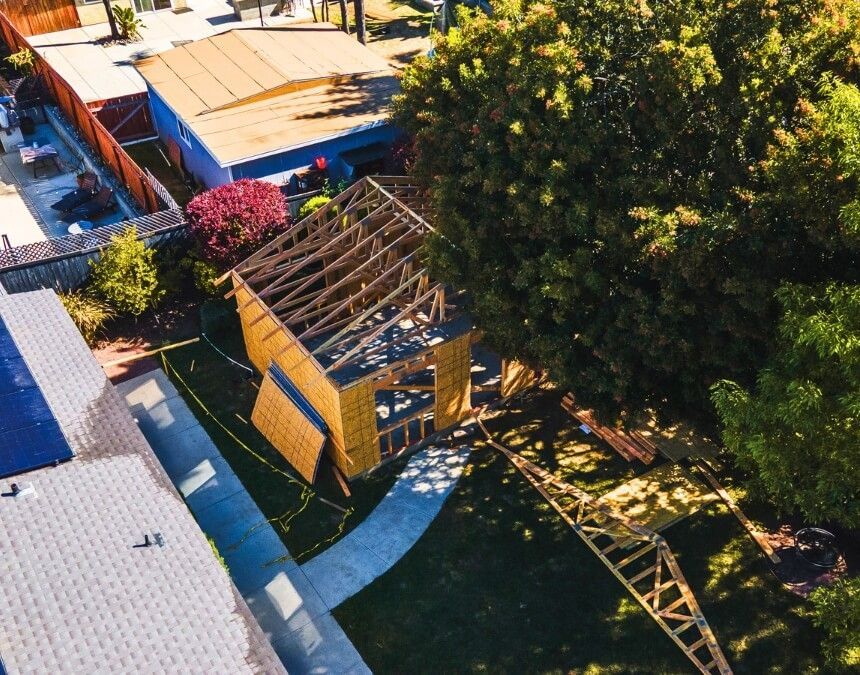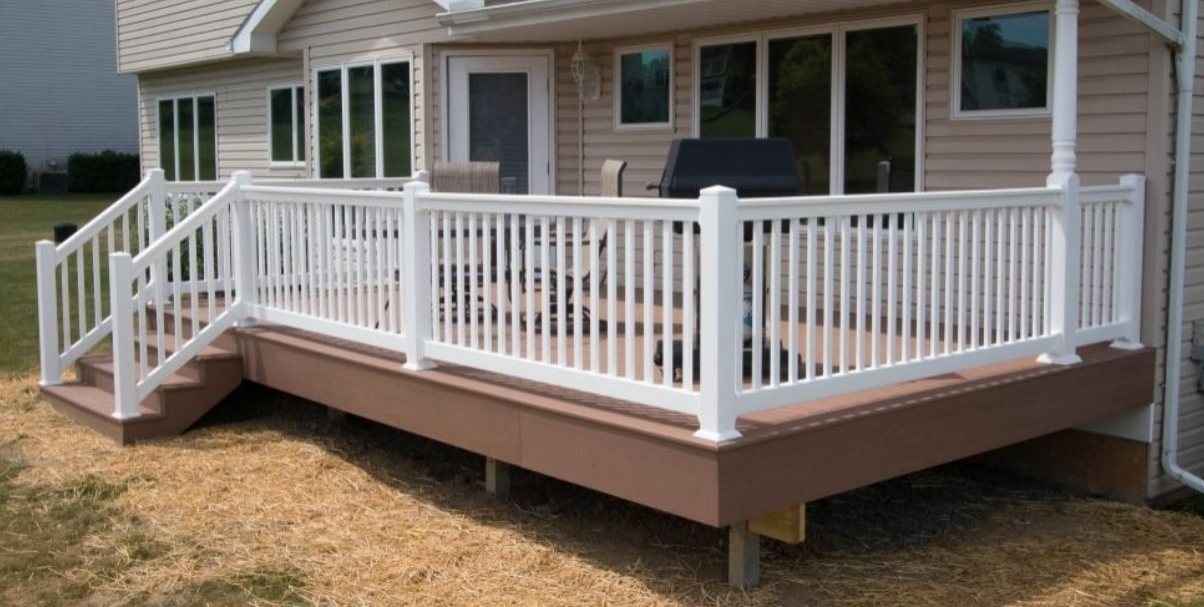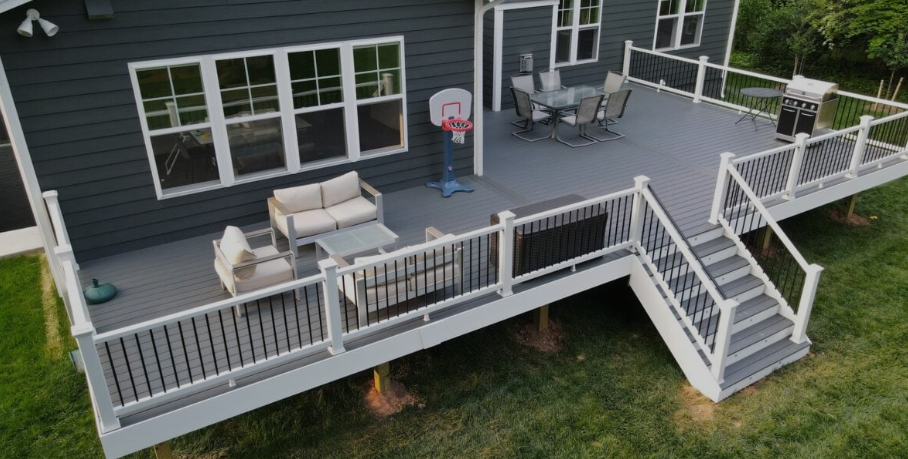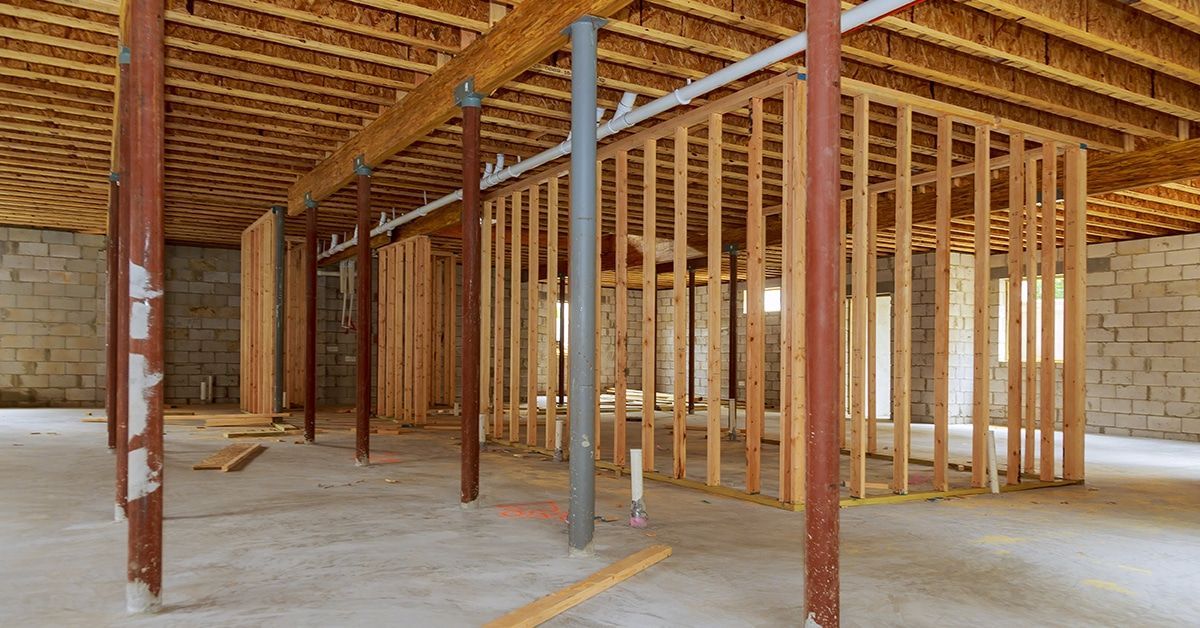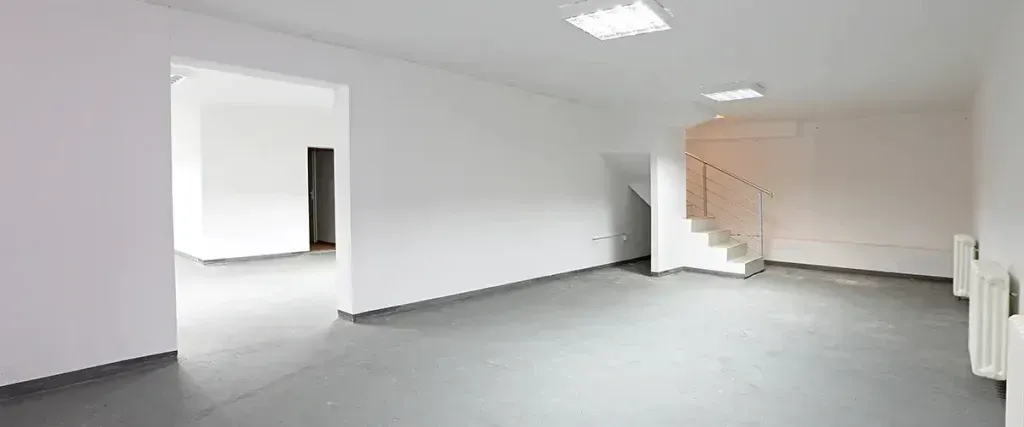Excavation for Septic Systems - Rhode Island Homeowners
Installing or replacing a septic system in Rhode Island requires professional excavation services that comply with state regulations and local soil conditions. Understanding the excavation process, permits, and costs can help Ocean State homeowners make informed decisions about their wastewater treatment systems.
What is Septic System Excavation?
Septic system excavation involves the precise digging and site preparation required to install septic tanks, distribution boxes, and leach fields. This process requires skilled operators who understand Rhode Island's unique soil compositions, water table levels, and environmental regulations.
The excavation process typically includes:
- Site evaluation and marking utility lines
- Soil testing and percolation testing
- Excavating the septic tank area
- Digging trenches for the leach field
- Grading and backfilling operations
- Final site restoration
Rhode Island Septic System Permit Requirements
All new septic systems or system components in Rhode Island require a permit from the Rhode Island Department of Environmental Management (DEM). Before any excavation begins, homeowners must obtain proper permits through the DEM's Onsite Wastewater Treatment System (OWTS) program.
Required Permits Include:
- OWTS Construction Permit - Required for new installations
- Soil Evaluation Permit - Needed for percolation and soil testing
- Replacement Permit - Required when replacing existing systems
- Local Building Permits - May be required by your municipality
All cesspools in Rhode Island are subject to the Rhode Island Cesspool Act of 2007 and will need to be replaced, making proper excavation planning essential for compliance.
Rhode Island Soil Conditions and Excavation Challenges
Rhode Island's diverse geology presents unique excavation challenges. The state's soil composition varies significantly from coastal sandy soils to rocky inland terrain, affecting excavation methods and costs.
Common Soil Types in Rhode Island:
- Sandy soils - Common in coastal areas like Newport and Narragansett
- Clay soils - Found in parts of Providence and Kent counties
- Rocky terrain - Prevalent in western Rhode Island
- Seasonal high water table - Affects many areas statewide
These conditions require experienced excavation contractors who understand local geology and can adapt their methods accordingly.
Septic Excavation Process in Rhode Island
1. Site Evaluation and Soil Testing
Soil Evaluations now cost $1295 (our Bronze Service), but there is also a $150 application fee (for new construction), and you'll need to hire a backhoe operator to do the digging. This initial step determines soil percolation rates and identifies the best location for your septic system.
2. Utility Location and Marking
Before excavation begins, all underground utilities must be located and marked. This includes electrical lines, water pipes, gas lines, and telecommunications cables.
3. Excavation Planning
Professional excavators create detailed plans considering:
- Setback requirements from wells and property lines
- Slope and drainage patterns
- Access for equipment and materials
- Environmental protection measures
4. Tank and Leach Field Excavation
The excavation process involves creating precise openings for the septic tank and distribution box, followed by trenching for the leach field system. Proper depth and grading are critical for system function.
5. Backfilling and Site Restoration
After installation, careful backfilling ensures proper system support while maintaining soil integrity around the septic components.
Cost Factors for Septic Excavation in Rhode Island
Average cost that homeowners paid for septic tank installation in Kent county is between $1,562.00 and $11,000.00. However, excavation costs vary based on several factors:
Factors Affecting Excavation Costs:
- Soil conditions - Rocky or clay soils require more time and specialized equipment
- Site accessibility - Difficult access increases labor costs
- System size - Larger systems require more extensive excavation
- Depth requirements - Deeper excavation increases costs
- Permit fees - State and local permit costs
- Seasonal factors - Winter conditions may increase costs
A backhoe or excavator operator, fee and setup can add another $1800-$2000 to the total cost for soil evaluation alone.
Rhode Island Environmental Regulations
Rhode Island has strict environmental regulations governing septic system installation. The DEM's OWTS program ensures systems protect groundwater and surface water quality throughout the state.
Key Environmental Requirements:
- Minimum setbacks from water sources
- Proper sizing based on household capacity
- Compliance with coastal zone regulations
- Protection of wetlands and sensitive areas
In the event that a septic system in the coastal zone needs to be repaired or replaced following a storm, the homeowner must first obtain a permit from DEM and then submit that permit and relevant plans to the CRMC for approval.
Choosing the Right Excavation Contractor
Selecting an experienced septic excavation contractor is crucial for project success. Look for contractors who:
- Are licensed and insured in Rhode Island
- Have experience with local soil conditions
- Understand state and local regulations
- Use proper equipment for the job
- Provide detailed estimates and timelines
- Offer warranty coverage on their work
Maintenance and Long-term Considerations
Proper excavation sets the foundation for a long-lasting septic system. However, ongoing maintenance is essential:
- Regular pumping every 3-5 years
- Inspection of system components
- Monitoring for signs of system failure
- Protecting the leach field from compaction
- Avoiding excessive water usage
Frequently Asked Questions
Q: How long does septic excavation take in Rhode Island? A: Typical excavation takes 1-3 days, depending on soil conditions, system size, and site accessibility.
Q: Can I excavate my own septic system? A: While legally possible, septic excavation requires specialized equipment and knowledge of regulations. Professional installation is strongly recommended.
Q: What happens if we hit a ledge during excavation? A: Ledge removal requires specialized equipment and may increase costs. Experienced contractors can handle these challenges.
Q: Are there financing options for septic system installation? A: This program makes low interest loans available to North Kingstown property owners for cesspool/septic system repairs or replacements. Many municipalities offer loan programs for septic system work.
Ready to start your septic system project? Rockhouse Construction provides professional septic excavation services throughout Rhode Island. Our experienced team understands local soil conditions, state regulations, and proper excavation techniques to ensure your project is completed safely and efficiently. Contact us today for a free estimate and consultation on your septic system needs.
